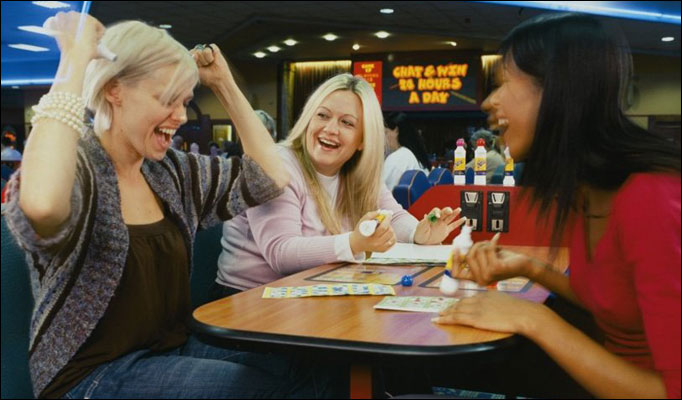People who experience being culturally separated are more likely to take threats with their cash, according to a new analysis.
In a sequence of tests, scientists discovered that the more often individuals sensed omitted, the more likely they were to select longer possibilities for possibly bigger lotto victories, bet on equine backgrounds, bet in gambling houses, and take higher threats with their financial situation.
People without support appear to place more value on the power of cash to obtain what they want culturally, according to the writers of the analysis, which was provided at the United states Emotional Society’s yearly conference in Honolulu.
The scientists said their results could help culturally insecure individuals create better cash choices.
“Some promoters with doubtful values may focus on market categories likely to experience from the social exemption, such as the seniors, divorcees, and widows or widowers,” Rod Duclos, an associate lecturer of marketing at the Hong Kong School of Technology and Technology, said in an APA news launch.
“Others may be influenced to separate, actually or mentally, potential customers during economical discussions since doing so may result in larger income,” he said. “By showing how common encounters such as feeling refused or approved can impact consumers’ economical choices, our analysis can help individuals create more informed choices.”
In two tests, members who were made to experience culturally separated were more likely to bet and to take higher threats when gambling than those who sensed culturally involved.
The scientists also questioned unique individuals in shopping centers and discovered that those who sensed culturally separated were more likely to choose a lotto that provided a 20 % opportunity to win $800 and an 80 % opportunity to win nothing, rather than a lotto that provided an 80 % opportunity to win $200 and a 20 % opportunity to win nothing. Those who sensed culturally separated also were more likely to bet on equine rushing, bet in gambling houses, and create more dangerous investment strategies.





